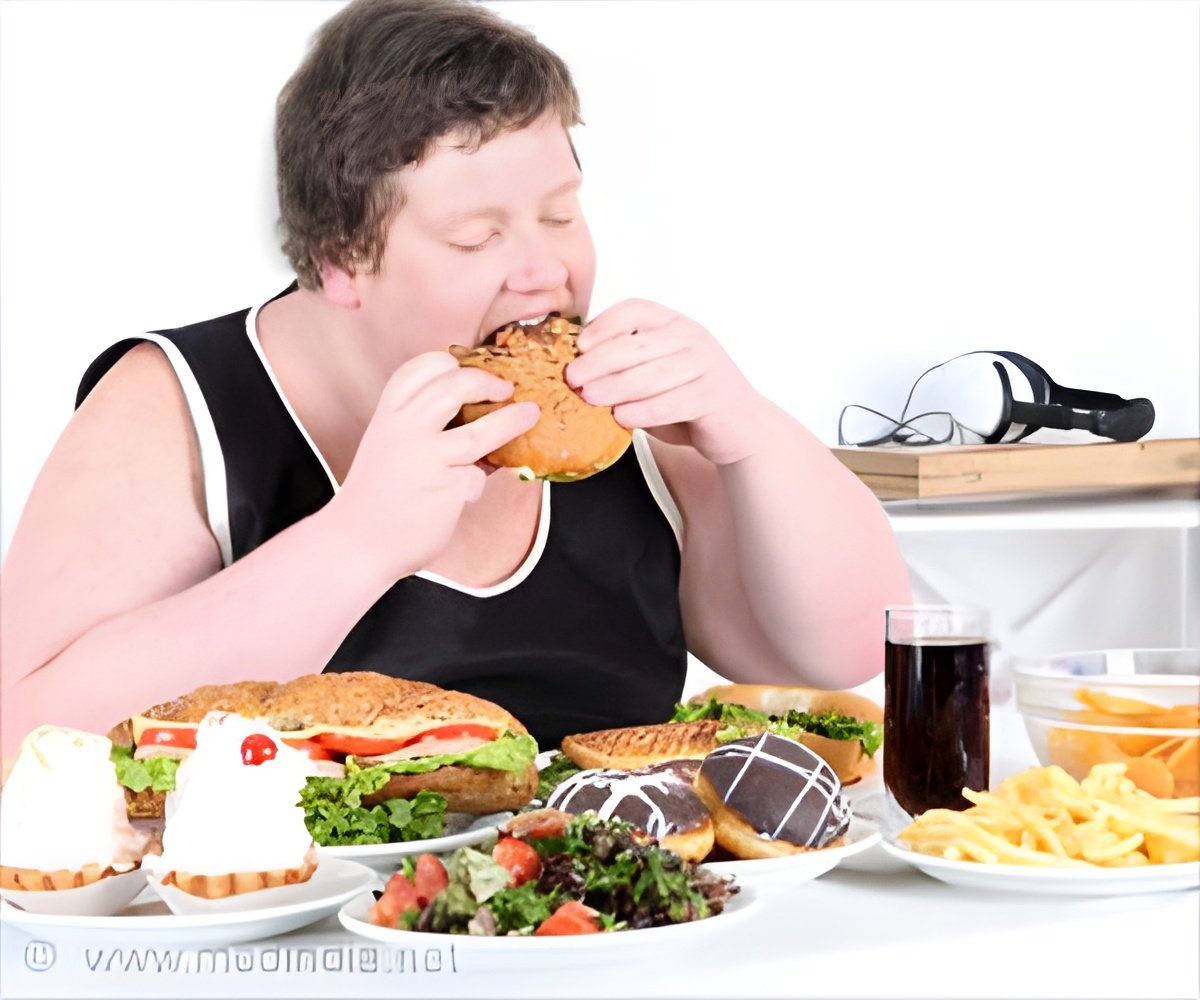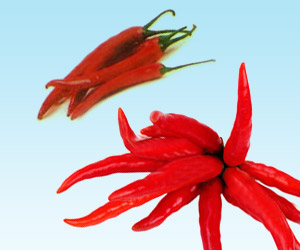Not only the amount of food you're eating during the holiday or event, but the size of the portion you're eating can have a tremendous impact.

‘A higher percentage of people needed treatment during or just after the holiday or event, and a much greater percentage during those times needed help because food was impacted in their esophagus.’





"Though the sample size was small, it's clear that a pattern emerged showing a higher percentage of people seeking treatment during or just after the holiday or event," Shuja said, "and a much greater percentage during those times needed help because food was impacted in their esophagus. It's a very serious problem that people need to be aware of." Most of the problems affected men, and most of the cases came during or just after the Thanksgiving holiday. But Shuja and the other researchers say other holidays, such as New Year's Day or events such as the Super Bowl, also were associated with a higher incidence of cases.
Serving size and how quickly people ate were listed as possible risk factors, as was alcohol consumption.
Over the study period, from 2001 to 2012, 38 people underwent an emergency procedure on the esophagus during or just after the holiday or sporting event time period (within three days of the event). Nearly 37 percent of those were due to a food impaction. Comparatively, of the 81 who had the same procedure two weeks before and two weeks after the event during the "control period," just under 4 percent were due to food impaction. During holidays and national sporting events, the most common impacted food was turkey (50 percent), followed by chicken (29 percent) and beef (21 percent).
"We think the main message here is for people to be aware and not to, for lack of a better term, overindulge," Shuja said. "Not only the amount of food you're eating during the holiday or event, but the size of the portion you're eating can have a tremendous impact."
Advertisement








